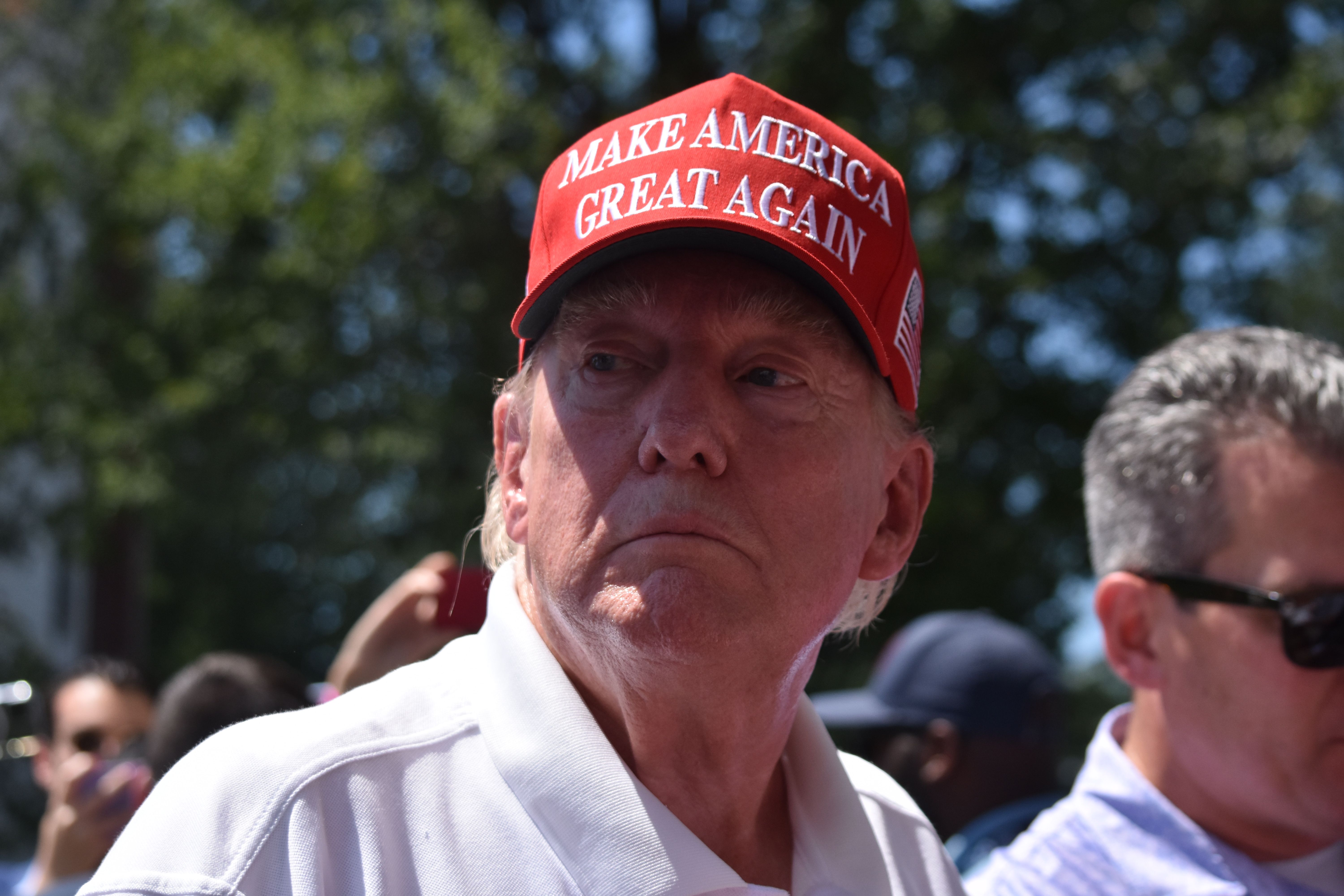Having one indictment, Mr. Trump, may be regarded as a misfortune, but to have four looks like carelessness … or worse. If Oscar Wilde were writing today, his famed play might be called “The Importance of Being Indicted,” but just how damaging are the now 91 felony charges the former president faces? And how will the rest of the world, especially close US allies, react to them and the prospect of another Trump administration?
Reading through the racketeering charges against Trump and his 18 pals is as sobering as a bank foreclosing on your house. But to Trump, it’s as much a marketing opportunity as a legal fight. He’s turned his public fury on the judges, the prosecutors, and everyone involved, transforming himself from a defendant in an alleged “criminal enterprise” to a victim of a vast left-wing conspiracy.
It’s his favorite role: bully as victim.
There’s always been a kind of “l’etat, c’est moi” Louis XIV vibe to Trump, where he frames accusations against him as accusations against America. As antithetical as this is to the very mission of the American democratic experiment, Trump’s masterclass in political Tai Chi would make Jet Li jealous. He’s now in the power position for the Republican nomination and has a fair chance of becoming president again. The rest of the world is taking notice.
In April, Canadian Prime Minister Justin Trudeau was at the Council of Foreign Relations in New York and took a thinly veiled shot at Trump and his supporters. "You guys are the greatest democracy in the world,” he said, “right now, it's not just that it's being taken for granted by so many citizens, it's actually being devalued.”
Trudeau’s statement jibed with one of the Top Risks Eurasia Group identified back in January called the “Divided States of America.” It warned that “the growing partisan polarization of the American electorate is continuing to erode the legitimacy of core federal institutions: the three branches of government and the peaceful transfer of power through free and fair elections.” Disdain for political conventions can be an asset for a candidate, but disdain for the rule of law is an act of democratic arson. So what impact is this having abroad?
“Regardless of whether Trump is convicted, there is a clear recognition that the US political situation is volatile and unstable,” Eurasia Group’s Managing Director for Europe Mujtaba Rahman told me. “This will reinforce calls from the French and others for more European strategic autonomy – regardless of the outcome of the election or the pending legal cases against Trump.”
Trump’s America first, bully-isolationism during his presidency led him to abandon key international treaties, such as the Paris Climate Agreement, the World Health Organization, the Joint Comprehensive Plan of Action (Iran nuclear deal), the Trans-Pacific Partnership, and the UN Global Compact on Migration, to name just a few.
With Trump trying to erode domestic institutions in his fight against felony charges – it’s easy to imagine that a President Trump 2.0 would once again see him extend this approach outward to international ones.
The timing of all this is just plain bad. As I write this, the northern Canadian city of Yellowknife is being evacuated because of yet another out-of-control fire. Meanwhile, crews are still sifting through the ashes in Maui as the body count rises to 111.
When both Hawaii and the Northwest Territories are burning, it’s hard to ignore the need for global, democratic, and nation-based cooperative action. Whether it is climate change, the war in Ukraine, China’s wolf-warrior stance, or the need to find global governance for AI, (which we talked about this week with Ian Bremmer and Mustafa Suleyman) democracies need a robust rule of law and institutions to solve real problems.
Trump’s legal fires and his gasoline approach to putting them out make confronting these challenges significantly harder.
